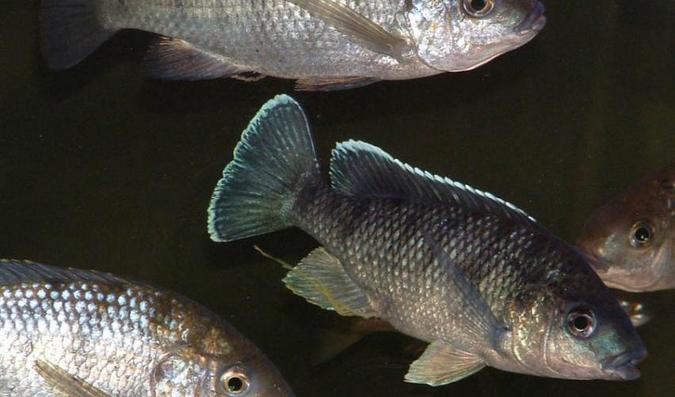
Sourced from third-party sites: IUCN & WWF
The latest update of the IUCN Red List of Threatened Species has revealed that overfishing is causing fish species in parts of the developing world to decline. According to the updated list, 54 fish species from two important fisheries are threatened by unsustainable fishing.
Nine percent of the 458 fish species assessed in Lake Malawi are at high risk of extinction, causing concern for regional food security. Three out of the four species of Chambo (Oreochromis karongae, Oreochromis squamipinnis, Oreochromis lidole) – Malawi’s most economically valuable fish – are ‘Critically Endangered’.
Chambo fisheries are now on the brink of collapse. Over one-third of Malawians depend on Lake Malawi, Africa’s third-largest lake, for their food and livelihoods. Similar findings were highlighted in a recent report from the Lake Victoria Basin, where three-quarters of all endemic freshwater species are threatened. Local livelihoods in several East African countries dependent on resources from these lakes are threatened by unsustainable fishing.
“At least two billion people depend directly on inland freshwater fisheries such as Lake Malawi for their survival,” says William Darwall, Head of IUCN’s Freshwater Species Unit. “Almost 80% of catch from freshwater fisheries comes from food-deficit countries – where the general population does not have sufficient food to meet recommended daily calorie intake – yet freshwater resources are not prioritised on national or international agendas.”
Meanwhile, the first reassessment of all 167 species of grouper – an economically valuable iconic type of sea bass occurring widely in the Atlantic, Caribbean and Indo-Pacific regions – confirms that 13% are threatened by overfishing. Local communities in developing tropical and sub-tropical countries are particularly impacted.
However, there was good news for the fin whale, which has improved in status from ‘Endangered’ to ‘Vulnerable’ following bans on whaling, and the mountain gorilla subspecies, which has moved from ‘Critically Endangered’ to ‘Endangered’ thanks to collaborative conservation efforts.
The IUCN Red List now includes 96,951 species of which 26,840 are threatened with extinction.
To comment on this story: Login (or sign up) to our app here - it's a troll-free safe place 🙂.![]()






